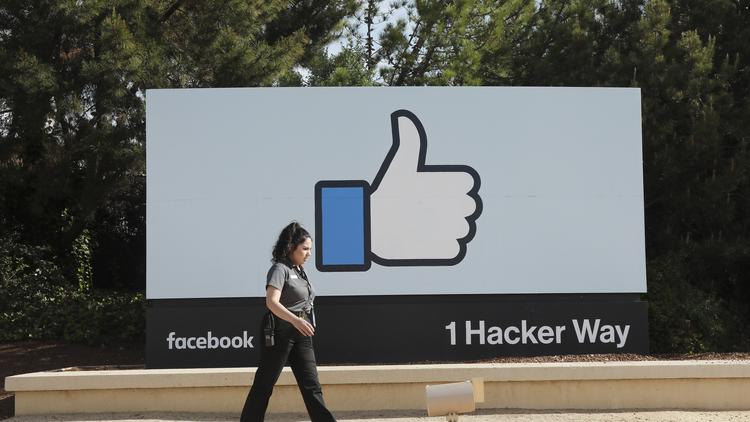
Share On Social!
Big Tech helps drive the economy. It also influences where and how people live.
In fact, the biggest tech companies like Facebook are increasingly diving into housing policy. They’re starting housing projects and investing in philanthropic affordable housing projects.
This creates quite the contrast, Ankita Rao recently wrote for Vice.
“On one hand, tech companies have helped fuel the housing crisis—sprawling across cities that are bursting at the seams with little investment in public infrastructure, and avoiding taxes that might help the poor and homeless at virtually every turn,” Rao wrote.
“On the other, they’re positioning themselves as postmodern Robin Hoods, announcing plans to build apartments for rent and subsidize others” that look like “company towns.”
How Big Tech Fuels the Housing Crisis
San Francisco might be the best example of Big Tech and the housing crisis.
The rise of Facebook and the technology boom in and around this 15.19% Latino city started to change the residential makeup of the local population.
San Francisco’s Mission District is a hub for the city’s immigrant population. It has grown into an ideal spot for young high-end renters and homeowners in the tech industry. It is close to nearby two nearby freeways and a relatively short commute.
Rental costs spiked as much as 50% over a decade.
“The tech workers mainly work south of San Francisco in Silicon Valley, but they don’t want live there,” said Christopher Gil of Mission Economic Development Agency, which is trying to increase affordable housing in the area. “Many are young, 20-year-olds who want to live in the kind of city that has opportunities for them, not in the suburban area of Silicon Valley.”
This influx priced many long-time residents out of their homes.
“Over time, the property owners started catering to this market as there is more money to be made from these young professionals,” Gil said. “It’s not a case of blaming the property owners. It’s just the reality of the situation.”

Gil’s Mission Economic Development Agency is trying to reduce displacement.
They are creating new affordable housing projects. They also are increasing education and action around below-market-rate apartment options.
Some feel more should be done by Big Tech.
How Big Tech Is Trying to Help
Big tech companies are recognizing the housing crunch in communities where big increases in home prices and homelessness are often a byproduct of economic growth.
GeekWire highlighted some of these efforts:
- Amazon CEO Jeff Bezos is donating nearly $1 billion of his personal fortune to homeless service providers. Amazon has also given $40 million and space on its Seattle campus to Mary’s Place and FareStart. These two non-profits help people experiencing homelessness and poverty.
- Microsoft recently launched a $500 million affordable housing initiative. This would provide loans to developers and grants to reshape the housing market in its home region. Microsoft is also partnering with the mayors of Seattle and surrounding cities. They have agreed to consider zoning and other policy changes to promote affordable housing development.
- A Facebook-fueled initiative, via the Chan Zuckerberg Initiative, will invest $500 million to preserve and build affordable housing in the Bay Area, according to The Architect’s Newspaper. They expect add 8,000 new units of affordable housing within the next 10 years. They also plan to preserve an existing 175,000 units.
- Salesforce CEO Marc Benioff backed an initiative that would tax San Francisco’s top-grossing businesses to raise money for housing and homeless services.
- Airbnb is spending $5 million on homelessness in San Francisco. Twilio CEO Jeff Lawson donated $1 million to fund homeless services in the Bay Area.
It’s unclear how effective or long-term these efforts will be.
Next Steps
In any case, Big Tech’s philanthropic are certainly welcome.
But they aren’t a replacement for publicly funded programs, said John Duda of the Democracy Collaborative.
“Robust publicly funded programs at the local, state, and federal level, with a clear orientation towards equity and inclusion, are a key part of making sure that every community — not just those with a munificent tech giant in their backyard — gets the resources they need to tackle challenges around housing,” said Duda, according to NextCity.org.
“Philanthropic investment in affordable housing can be important, but community control of land and housing needs to be the end result of those investments.”
Learn more about the link between health and housing among Latinos by following our work on healthy neighborhoods and communities.
Editor’s Note: Main image via The New York Times via BizJournals.com.
Explore More:
HousingBy The Numbers
56.9
percent
of Latinos are "housing cost burdened"



